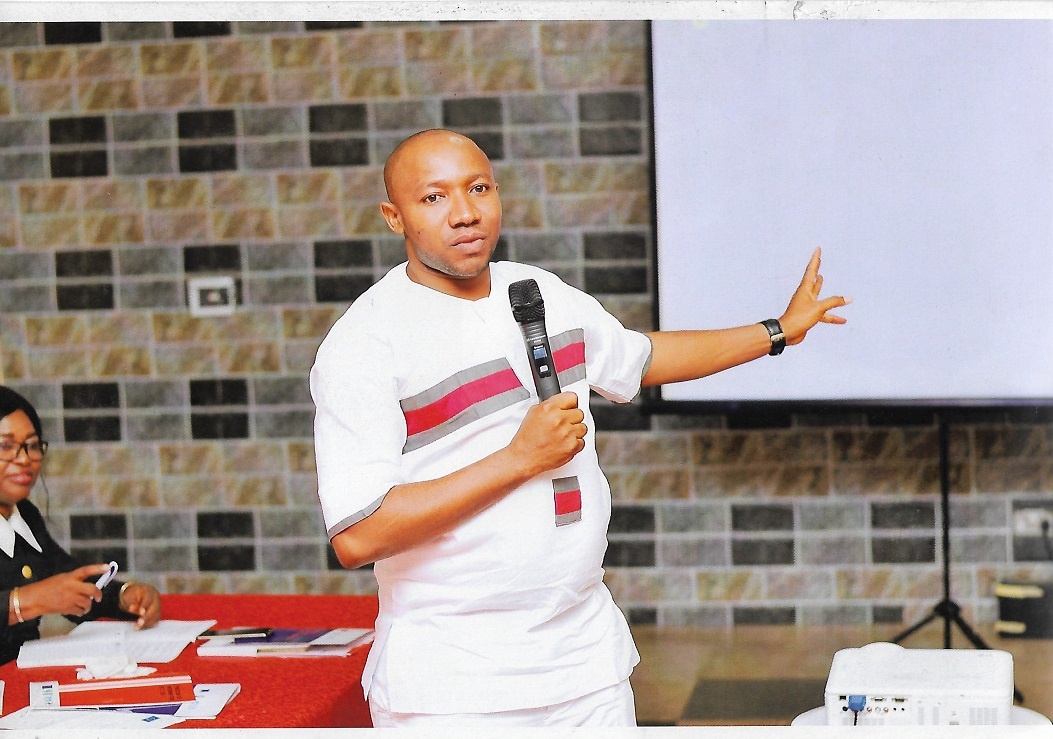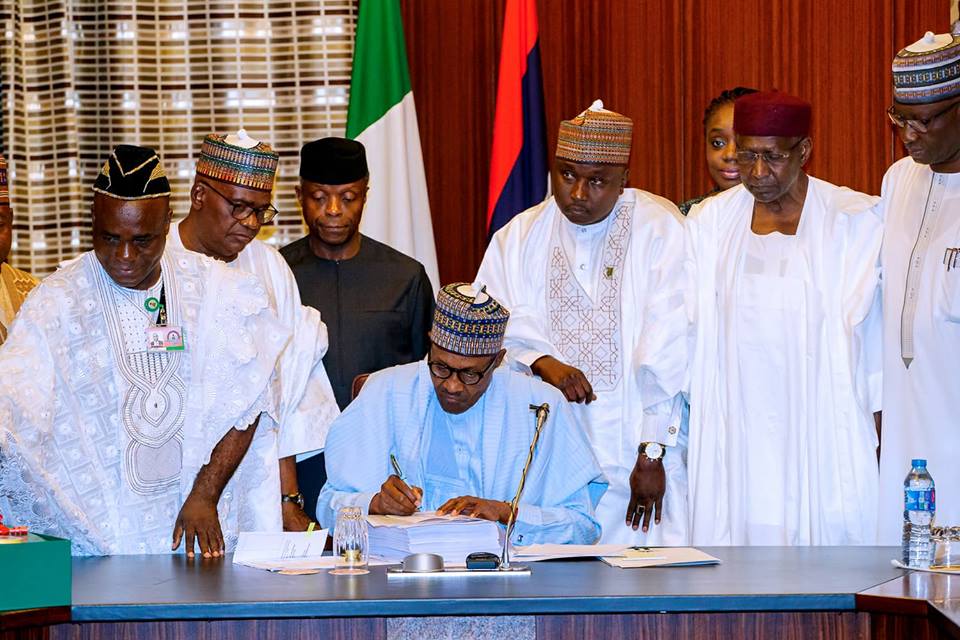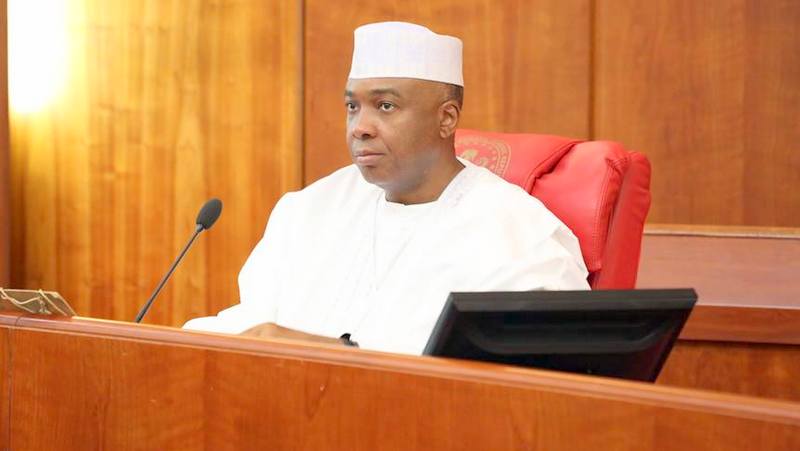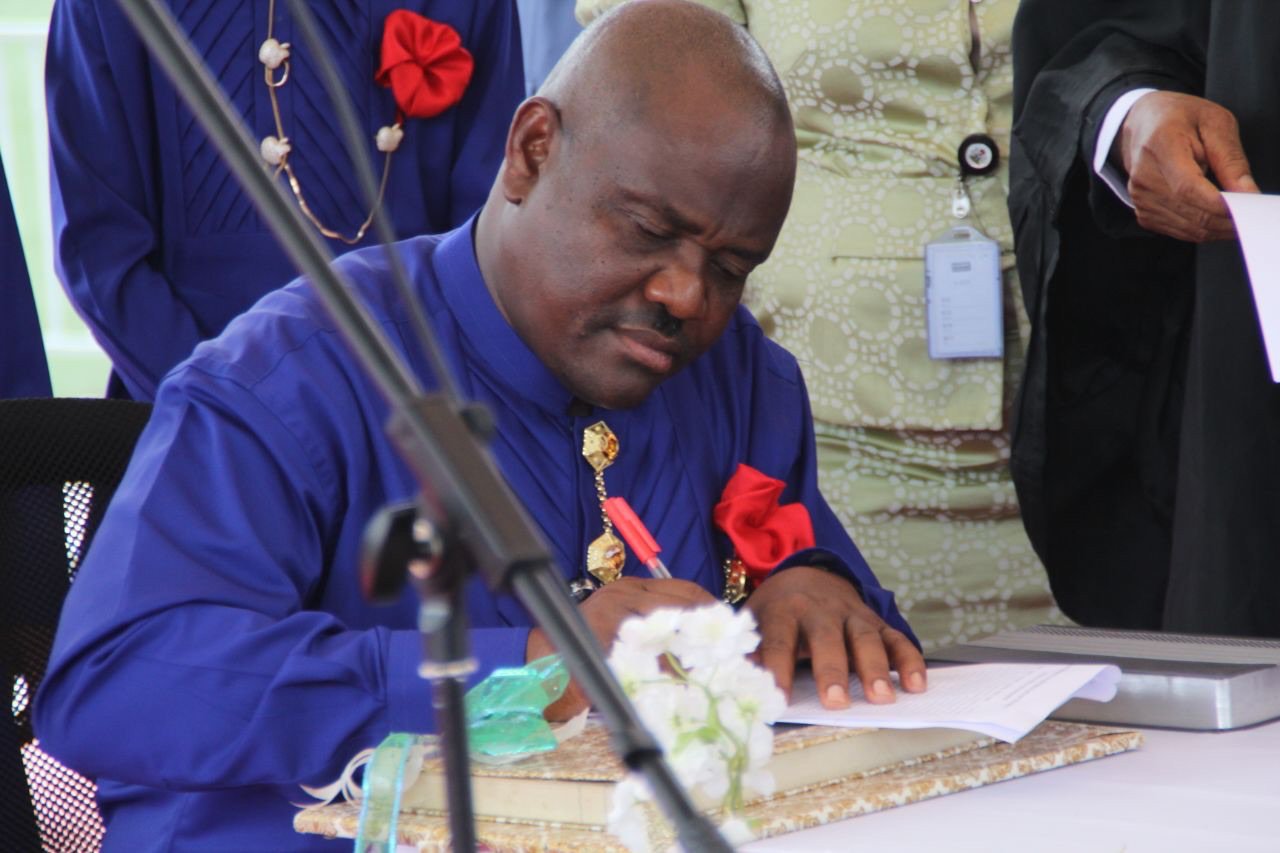General
CSOs Gather in Edo to Discuss FOI Implementation

No fewer than 100 Civil Society Organisations are to meet in Benin, Edo State capital, Tuesday, to discuss the implementation of Nigeria’s Freedom of Information (FOI) Act in the state.
Chairman, Board of Governors, Freedom of Information Coalition, Nigeria (FOIC-N), Dr Walter Duru, disclosed this in a press release made available to newsmen, Sunday afternoon.
Mr Duru, who described the FOI Act as a powerful tool for the fight against corruption in Nigeria, expressed concern over low usage of the law by citizens in holding government at all levels accountable.
He explained that the Edo FOI meeting is supported by the European Union, through the Rule of Law and Anti-Corruption (ROLAC Programme) managed by the British Council.
“The Nigerian Freedom of Information (FOI) Act was signed into law on May 28 2011. The law was passed to enable the public to access certain government information, in order to ensure transparency and accountability.
“The FOI Act aims to make public records and information more freely available. It enables citizens to hold the government accountable in the event of misappropriation or public services failure. It also protects serving public officers against any adverse consequences from the unauthorized disclosure of certain kinds of official information.
“A recent survey by the Rule of Law and Anti-Corruption- ROLAC programme, in collaboration with the Freedom of Information Coalition, Nigeria- FOICN and Media Initiative against Injustice, Violence and Corruption-MIIVOC on the level of knowledge of the provisions and use of the FOI Act revealed that the gap in capacity is wide among citizens.
“It also shows that there is low compliance level with the provisions of the Act in Nigeria, especially, as it concerns some of the critical segments, such as Proactive Disclosure and Annual Compliance Reports,” he said.
“In an attempt to close the identified knowledge gap, the Rule of Law and Anti-Corruption Programme, in collaboration with the FOI Unit of the Federal Ministry of Justice (FMOJ), the Freedom of Information Coalition in Nigeria and the Media Initiative against Injustice, Violence and Corruption is holding a 2-day FOI Capacity Building Roundtable with representatives of non-state actors/CSOs, targeting the Media, Legal and mainstream Civil Society actors in Edo State, aimed at training participants on the provisions and use of the Act in the state,” he added.
Continuing, Mr Duru explained that state actors, particularly, Information Officers, Directors and Permanent Secretaries in Edo State will also be trained on the provisions and applications of the FOI Act, with a view to ensuring that stakeholders are on the same page.
“It is a comprehensive training package. Journalists, lawyers, community-based organisations, representatives of public institutions and other critical stakeholders shall be trained on FOI.
“The roundtable aims to build the capacity of citizens to have a working knowledge of the purpose and benefits of the FOI Act, as well as processes for dealing with requests as prescribed by the law.
“We are hopeful that at the end of the training, participants will have improved understanding on the application of the FOI Act.
“On the part of the state actors, in addition to the provisions and applications of the FOI Act, they will have better understanding of the duties of public institutions under the FOI Act,” he said.
He further called on Nigerians to take advantage of the Freedom of Information Act to participate in governance in the interest of the country.
General
Nigerian Bottling Company Bridges Education, Employability Gap

By Modupe Gbadeyanka
The Nigerian Bottling Company (NBC) has reaffirmed its determination to bridge the gap between education and employability in the country by sustaining its flagship Youth Empowered (YE) programme.
This initiative provides hands-on learning, real-world insights, and access to career-shaping opportunities to young Nigerians.
The 2026 edition of the scheme commenced on February 2 at the University of Lagos (UNILAG), with participants mainly young people between the ages of 16 and 35.
A statement from the organisation said this year’s rollout will expand to more tertiary institutions, including the Federal University of Technology, Akure (FUTA). This follows a successful 2025 tour that reached seven cities across the country, including Makurdi, Jos, Benin, Kaduna, Asaba, Akure, and Port Harcourt.
Participants in the 2026 programme will receive training across key modules designed to support personal, professional, and business growth, including Business Life Skills, Adaptability and Resilience, Financial Literacy, Customer Service and Communication, Sales and Negotiation Skills, and Workplace Ethics.
The sessions will also feature breakout workshops on Business Planning, Project Management, and Time Management, alongside the Director’s Grant Pitch Competition, where participants can pitch their ideas for a chance to win business funding.
In addition to skills development, NBC’s People and Culture team will be present throughout the programme to identify outstanding talent for future opportunities within the organisation, further strengthening the connection between learning, employment, and long-term career growth.
One of the participants at the UNILAG training, Waliat Adedogun, who received a cash grant through the Director’s Grant Pitch Competition to support her small business, said: “Youth Empowered gave me more than training; it gave me clarity and confidence. Winning the grant means I can finally take my business idea from a dream into something real. I now feel prepared to build, grow, and create opportunities not just for myself, but for others too.”
Since its launch in 2017, the scheme has impacted more than 70,000 young Nigerians, equipping participants with practical skills, confidence, and exposure needed to succeed in today’s dynamic workplace and entrepreneurial landscape.
This year’s programme is being delivered in collaboration with Fate Foundation as the implementing partner, with funding support from The Coca-Cola HBC Foundation.
Last year, 10 beneficiaries were selected for six-month paid internships across NBC locations in Lagos, Ibadan, Asejire, and Challawa, gaining direct industry exposure.
Additionally, three outstanding participants received sponsorship for an all-expenses-paid intensive culinary training programme and were awarded N1 million each to support the launch of their businesses.
General
INEC Fixes February 20 for 2027 Presidential, NASS Elections

By Modupe Gbadeyanka
The 2027 presidential and National Assembly elections will take place on Saturday, February 20, the Independent National Electoral Commission (INEC) has revealed.
In a notice for the 2027 general polls issued on Friday, the electoral umpire also disclosed that the governorship and state assembly elections for next year would be on Saturday, March 6.
Speaking at a news briefing in Abuja today, the chairman of INEC, Mr Joash Amupitan, expressed the readiness of the commission to conduct the polls next year, which is 12 months away.
The timetable issued by the organisation for the polls comes when the federal parliament has yet to transmit the amended electoral bill to President Bola Tinubu for assent.
This week, the Senate passed the electoral bill, reducing the notice of elections from 360 days to 180 days, while the transmission of results was mandated with a proviso.
Recall that on February 4, INEC said it was ready to go ahead with preparations for the elections despite the delay in the passage of the amended electoral law of 2022.
General
NGIC Pipeline Network to Experience 4-Day Gas Supply Shortage

By Modupe Gbadeyanka
The pipeline network of the NNPC Gas Infrastructure Company Limited (NGIC) will witness a temporary reduction in gas supply for four days.
This information was revealed by the Chief Corporate Communications Officer of the Nigerian National Petroleum Company (NNPC) Limited, Mr Andy Odeh, in a statement on Thursday night.
A key supplier of gas into the NGIC pipeline network is Seplat Energy Plc, a joint venture partner of the state-owned oil agency.
It was disclosed that the facility would undergo routine maintenance from Thursday. February 12 to Sunday, February 15, 2026.
The NNPC stated that, “This planned activity forms part of standard industry safety and asset integrity protocols designed to ensure the continued reliability, efficiency, and safe operation of critical gas infrastructure.”
“Periodic maintenance of this nature is essential to sustain optimal system performance, strengthen operational resilience, and minimise the risk of unplanned outages,” it added.
“During the four-day maintenance period, there will be a temporary reduction in gas supply into the NGIC pipeline network. As a result, some power generation companies reliant on this supply may experience reduced gas availability, which could modestly impact electricity generation levels within the timeframe.
“NNPC Ltd and Seplat Energy are working closely to ensure that the maintenance is executed safely and completed as scheduled. In parallel, NNPC Gas Marketing Limited (NGML) is engaging alternative gas suppliers to mitigate anticipated supply gaps and maintain stability across the network,” the statement further said.
“Upon completion of the maintenance exercise, full gas supply into the NGIC system is expected to resume promptly, enabling affected power generation companies to return to normal operations,” it concluded.
-

 Feature/OPED6 years ago
Feature/OPED6 years agoDavos was Different this year
-
Travel/Tourism10 years ago
Lagos Seals Western Lodge Hotel In Ikorodu
-

 Showbiz3 years ago
Showbiz3 years agoEstranged Lover Releases Videos of Empress Njamah Bathing
-

 Banking8 years ago
Banking8 years agoSort Codes of GTBank Branches in Nigeria
-

 Economy3 years ago
Economy3 years agoSubsidy Removal: CNG at N130 Per Litre Cheaper Than Petrol—IPMAN
-

 Banking3 years ago
Banking3 years agoSort Codes of UBA Branches in Nigeria
-

 Banking3 years ago
Banking3 years agoFirst Bank Announces Planned Downtime
-

 Sports3 years ago
Sports3 years agoHighest Paid Nigerian Footballer – How Much Do Nigerian Footballers Earn















